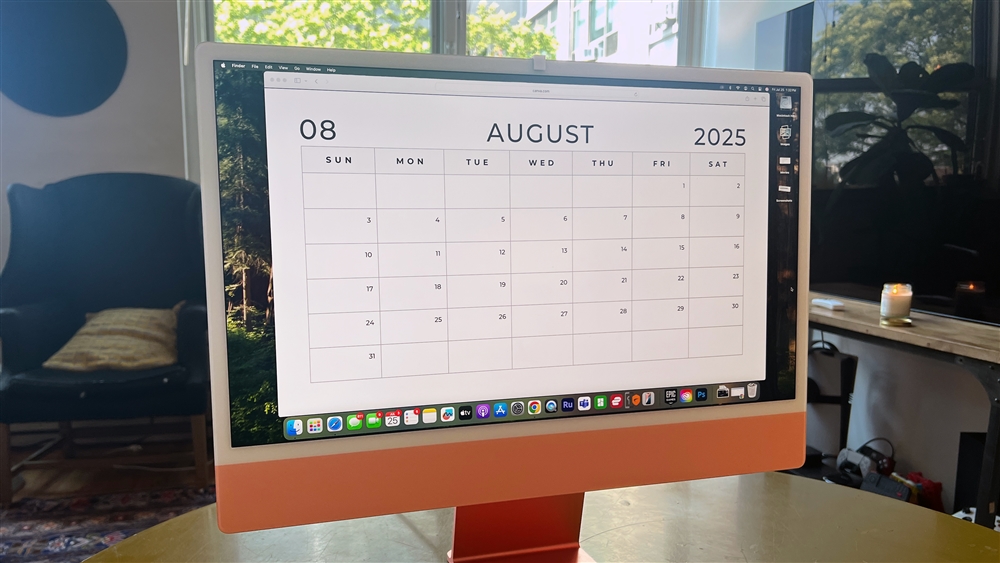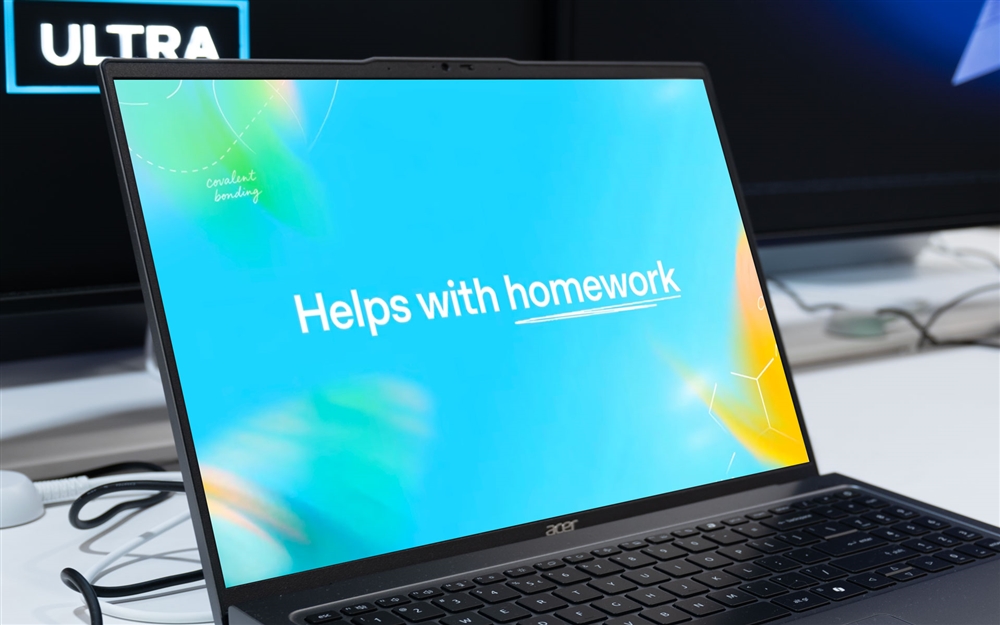This Week in AI: Medical Breakthroughs, Google's AI Search Tweaks, and Smarter Canva Graphics

Artificial intelligence will undeniably impact many parts of our lives, but one we're already seeing positive results from is medicine. In one recent Taiwanese study, an AI trained to analyze heart signals from hospitalized patients actually saved lives.
Researchers trained an AI to estimate a patient's risk of death based on electrocardiogram (ECG) measurements, and then had it help monitor nearly 16,000 patients overseen by 39 physicians over 90 days. According to the report, published in Nature and highlighted by DeepLearning.AI's The Batch, the AI would alert physicians when it predicted a high risk of mortality. As a result, deaths of high-risk patients fell by 31 percent.
The astonishing results are another reminder of how much positive impact AI technologies can have, when used in the right circumstances and in specific ways. Notably, the patients and physicians benefited from the thoughtful addition of technology, rather than dramatic swings in resources.
This data adds to a growing list of examples showing AI is making the most waves when paired with a human professional. Research published last year in the journal Life similarly noted research that found radiologists working with AIs are shown to detect cancer more often than either one on their own.
Here's more that happened in the world of AI this week.
Canva adds new AI features
Canva, the popular online design app, added a new generative AI feature to its Magic Media tool. Like before, Magic Media can create an image or video of pretty much anything after you type in a description. Now, Canva said it has a special function to create graphics too.
The graphics tool can provide images in various styles, including hand drawn, sticker, line art and doodle.
Canva also said it has improved its Magic Write text tools to write in a similar tone of any writing sample you upload.
OpenAI strikes more media partnerships
ChatGPT maker OpenAI said it struck a series of agreements with Vox Media and The Atlantic this week for access to back catalogs of news stories and other information. OpenAI said this agreement will make stories "more discoverable," while The Atlantic's CEO said he expects that "People searching with AI models will be one of the fundamental ways that people navigate the web in the future.”
The partnerships add to OpenAI's growing list of agreements with media companies, including News Corp, The Associated Press, Axel Springer, The Financial Times, and Dotdash Meredith. OpenAI has also struck content deals with Reddit and Shutterstock.
OpenAI earlier this year told the UK government that "it would be impossible to train today’s leading AI models without using copyrighted materials."
Google explains your favorite viral AI Overview search results
A week after images of Google's AI Overview for search went viral for sincerely recommending people eat rocks and add glue to their pizzas, Google says it is limiting when the technology will be used. In a blog post Thursday, Google said it will limit responses to “nonsensical” queries and satire, though the company didn't describe how its systems will make such determinations.
"As is always the case when we make improvements to Search, we don’t simply 'fix' queries one by one, but we work on updates that can help broad sets of queries, including new ones that we haven’t seen yet," Google said. "At the scale of the web, with billions of queries coming in every day, there are bound to be some oddities and errors."
Google also this week added many of its AI features, including Gemini and Magic Editor, to the premium-focused Chromebook Plus laptops from companies including Acer, Asus and HP. The new features will include a Gemini button in the taskbar, advanced photo editing through the Magic Editor that's become popular on Google Photos, and AI help when writing a document or filling out a text box.
Read more: AI Tools and Tips
- Microsoft Launches a New Era of Copilot Plus PCs
- Hands-on with the Faster, Smarter ChatGPT-4o AI
- Qualcomm Intros AI-Ready Snapdragon X Plus Chip
- Why Coders are Learning to Love Copilot
- Roll Your Own GPT: Setting Up Your Computer for Local AI
- How to Get NVIDIA Chat with RTX: Local AI for Everyone
- How to Make Sure Your Next Computer Is AI Ready
Ian Sherr is a widely published journalist who's covered nearly every major tech company from Apple to Netflix, Facebook, Google, Microsoft, and more for CBS News, The Wall Street Journal, Reuters, and CNET. His stories and their insights have moved markets, changed how companies see themselves and given readers a unique view into how some of the world’s most powerful brands operate. Aside from writing, he tinkers with tech at home, is a longtime fencer -- the kind with swords -- and began woodworking during the pandemic.










